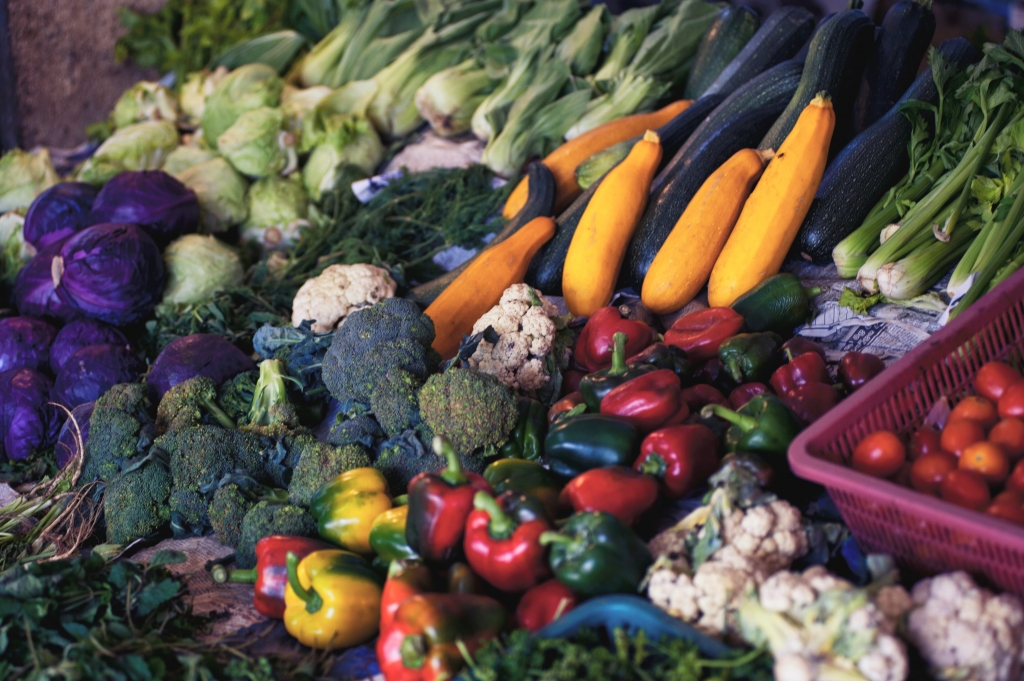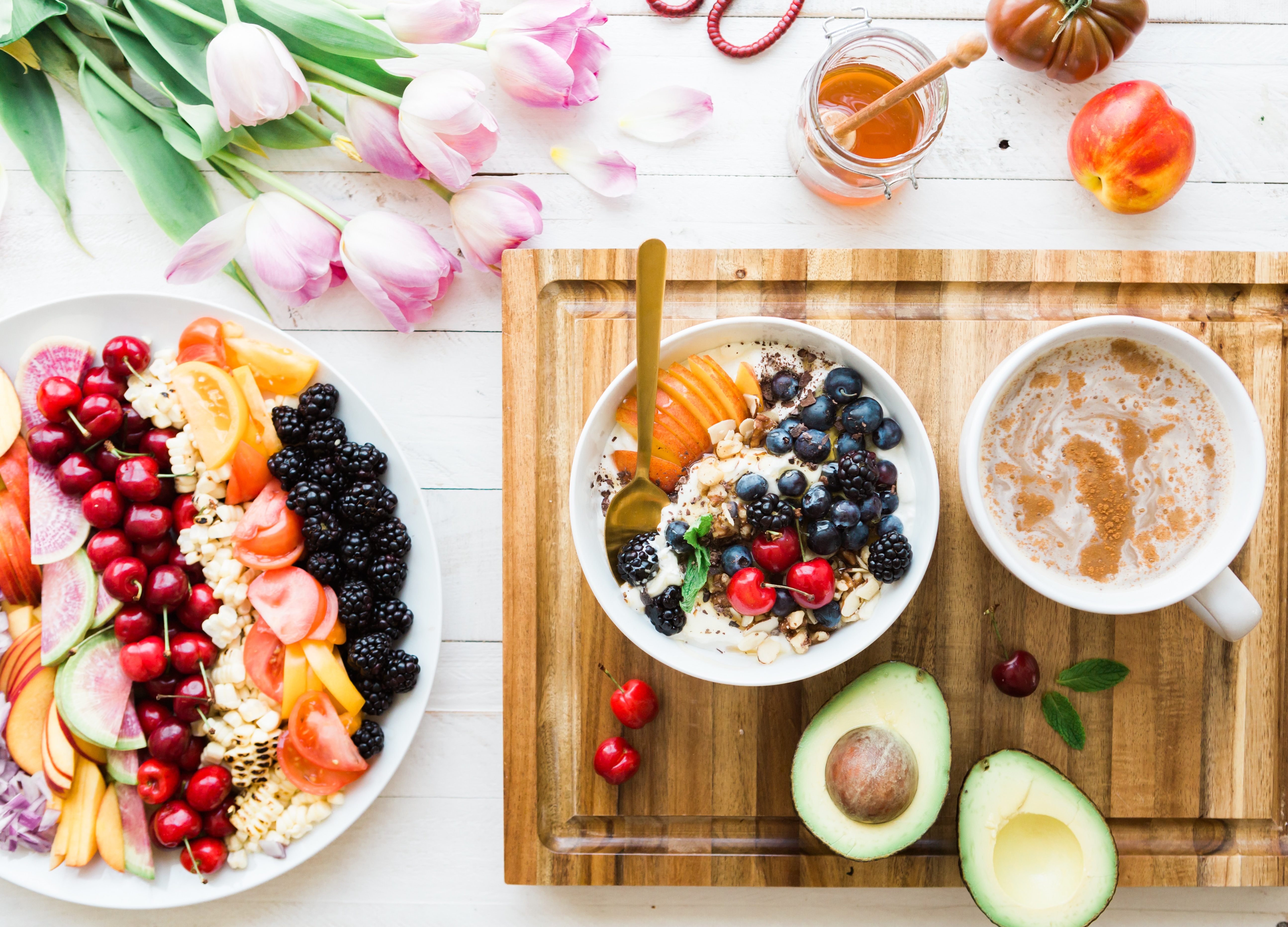The infamous Hippocrates quote “let food be thy medicine and medicine be thy food” resonates still today. It is an essential truth for our time as humans on earth. Regardless of the latest nutritional crazes and diet fads, it’s a truth upon which we can all agree.
Our family doctors remind us of the importance of nutrition. There are frequent mentions in the media. The link between dietary habits and disease is undeniable. What we put into our bodies matters.
When we treat our bodies with loving care by feeding ourselves fresh fruits, vegetables, legumes, and whole grains, we are essentially self-medicating ourselves with nutrition, energy and life. Alternatively, if our diet is comprised of sugary sodas, check-out aisle snacks, restaurant food, commercial meat, alcohol, and lots of complex carbohydrates and saturated fats, we risk putting our health and wellbeing off-balance.
Local food movements, plant-based diets, and methods of growing organically have been gaining in popularity for many years, and for good reason. Food with fewer “food miles”, foods free of GMOs, and the rise of urban farming across the United States and beyond, all indicate humans are slowly and steadily getting back to our food “roots.” We’ve remembered that eating as close to the source is always best.

It can be confusing to know what food is best for our bodies. A recent American Heart Association study showed that a plant-based diet that minimizes animal products is associated with a lower risk of cardiovascular issues. However, some constitutions are better suited for meat. A lot of people are sensitive to dairy, grains and sugar. When it comes to processed foods, we may turn to them when we are busy. But just because a product is labeled “natural” or “vegan” doesn’t mean it’s healthy. So try to grab some fresh fruits, vegetables or nuts instead. And be sure to consider the source of all your food products to encourage the ethical treatment of animals – and the environment, including plants and soil.
Ultimately, there is no one “healthiest and best diet” for everyone. We all have different backgrounds, blood types, activity levels, and nutritional needs. It is important to focus on our own bodies. Be mindful of what your body is asking for, and why. Eating is a primal activity, with deep roots in our childhood and ancestral past. Food has deep emotional ties until we consciously break them. The good news is that like any habit, we can choose to change how we eat for the better any time we want.
Our food intake is something we can control. In each moment of the day we have options. It’s helpful to remember that our bodies can only do so much with what we put into it. Food is a foundational tool, a life-providing source, and medicine. We can enhance our lives by continuously making choices that keeps our bodies in balance.





